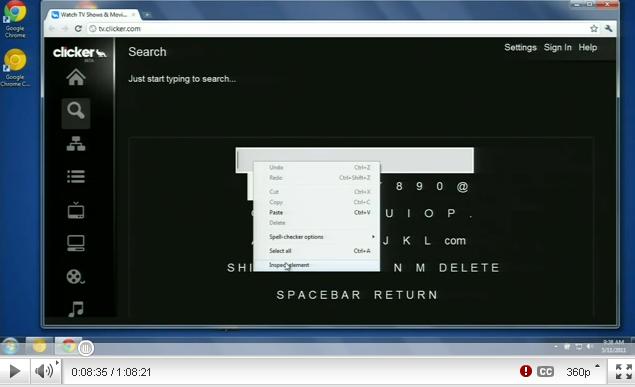
First, Google put on a presentation showing the overall process of making and ending a call, but actually using the technology in real-time. The demo experience, which took place at Thep Thai in the Upper East Side neighborhood of New York City, was heavily controlled. “We want to talk about it publicly even at this stage to make sure we get it right, but you’re seeing something quite early in the process here.” The demo “What you’re seeing is a technology that’s very early stages,” Fox said. Businesses will be able to opt out if they do not want to receive calls from the Google Assistant.

There will be a lot of testing and tweaking during this period, so the end result of Duplex may look a little different from what we’ve already seen. Google will test calls for business hours first in the next few weeks, and later this summer, the test will expand to calling for reservations and haircut appointments. Google Assistant already works with OpenTable, so it doesn’t need to call restaurants that use the booking service. It only takes one person to ask Assistant, but has the potential to save a lot of time for employees who would be stuck answering calls about store hours otherwise.ĭuring Google’s testing phase this summer, Duplex will only work with select businesses and users in the U.S., and it will only be available at restaurants and hair salons that do not have an online booking system. With this info, if other callers want to know the same info, Assistant would only need to pull it from Google’s servers, and not make another call. For example, if a caller asks Assistant for the holiday hours of a local store, the Assistant will place the call, get the answer, and the hours will be added to Google Maps and Google Search for all to see, with a verified tag next to it. It has the potential to save a lot of time for employees stuck answering calls about store hours.įor the user, having the Assistant make these calls frees up a little time, but it also benefits businesses that receive these calls. Similarly, a user cannot ask Assistant to make calls unrelated to the aforementioned tasks. Duplex cannot do anything more than this at the moment, so if a query isn’t pertinent (say, asking about the weather or sports scores) Assistant won’t understand. Helping you get things done is Google’s goal for Assistant, and with Duplex the company is starting with three specific tasks: Booking a table at a restaurant, finding store hours, and scheduling a hair salon appointment.

Google Duplex scheduling a hair appointment Google “Those technologies are applied with Duplex to have a natural, engaging conversation that adapts to what’s happening within the conversation, ultimately with the goal of getting things done.” “We can now understand natural speech and we can generate natural speech,” Nick Fox, vice president of Product Management at Google, said. What is Duplex, and where will it work?ĭuplex is a technology in development that enables Google Assistant to make phone calls on the user’s behalf, and it stems from years of research and work into artificial intelligence for natural language processing. But before we dive into our experience, let’s take a look at the new details we’ve unconvered on how and where Duplex will work.

Digital Trends spent some time with the team behind Duplex and demoed the technology for ourselves. Since that time Google has clarified its position, and we now have some answers. And because the call was recorded, some questioned if the technology would violate certain laws governing phone calls.

Concerns were raised: Why did the AI need to sound so lifelike and why didn’t it announce a disclaimer to the human caller, amounting to what some considered to be deception. The demo at I/O was jaw-dropping, but wasn’t without controversy.
GOOGLE KEYNOTE DUPLEX DEMO PRO
I gave the Pixel 7 Pro a second chance - it didn’t go how I hopedĬan Google’s Pixel 6 Pro camera beat the Samsung Galaxy S21 Ultra? I found out I put the iPhone’s Dynamic Island on my Pixel 7 Pro - and I can’t go back


 0 kommentar(er)
0 kommentar(er)
